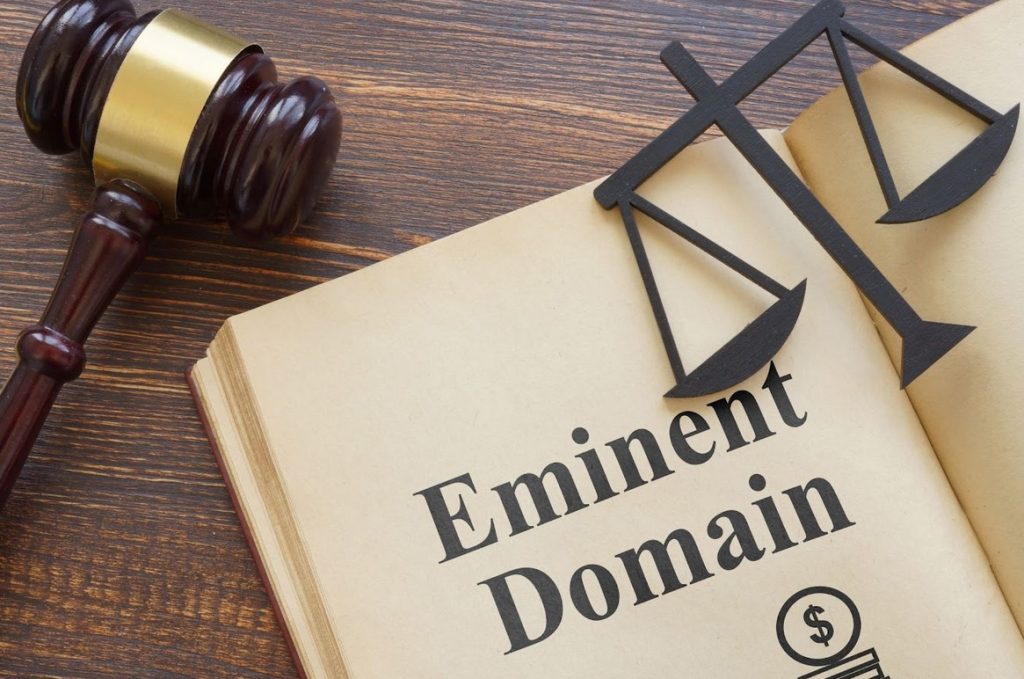Eminent domain is a legal principle that allows the government to take private property for public use in exchange for just compensation. But what if this power is not used responsibly?
Across the United States, there have been cases where eminent domain was wielded without ample reason, leading to unfair treatment of property owners.
In North Carolina, residents have faced their fair share of these struggles. It’s essential to be informed and proactive to protect your property rights.
One of the most effective ways to combat eminent domain abuse is by seeking legal assistance. For instance, eminent domain attorneys in Raleigh defend property owners against unjust seizures. They can guide you through the complex legal process and help ensure you’re properly compensated if your property is taken.
This article explores more strategies for protecting your property in North Carolina from eminent domain abuse. Keep reading.
- Understand Your Rights
Knowing your rights is the first line of defense. In North Carolina, the government must demonstrate that taking your property serves a legitimate public purpose. Additionally, they must offer you just compensation. Don’t hesitate to challenge the seizure if you believe your property is being unfairly targeted.
- Seek Expert Legal Assistance
After understanding your rights, consult real estate lawyers in Raleigh. They’ll provide invaluable insights into the specific laws and regulations surrounding eminent domain in North Carolina. Real estate lawyers are well-versed in property law and can offer advice on protecting your interests best.
- Stay Informed and Vigilant
Regularly monitor local government actions and plans that could affect your property. Attend community meetings and stay in touch with your neighbors. By being informed and vigilant, you’ll be better prepared to take action if your property becomes a target.
- Document Property Value
Another key step in protecting your property is documenting its value. Keep records of your property’s current condition, improvements, and market value. This information will be vital in negotiations for just compensation.
- Engage in Negotiations
Don’t accept the initial compensation offer without evaluating it. Engage in negotiations with the government, and don’t be afraid to assert the true value of your property. Make sure to have all relevant documentation ready to support your claims.
- Build Public Support
Building public support can be highly effective in protecting your property. Share your story with local media and on social networks. The court of public opinion can sometimes be as influential as a court of law in these cases.
- Consider Alternative Dispute Resolution
Consider alternative dispute resolution methods such as mediation or arbitration if negotiations reach an impasse. These options can be less adversarial, often leading to faster, more agreeable outcomes for both parties.
- Prepare for Legal Battle
If all else fails, be prepared to go to court. It’s where having a knowledgeable eminent domain attorney becomes essential. They’ll help build a strong case to defend your property rights.
Additionally, gathering all the evidence and documentation about your property is crucial. It includes property appraisals, photographs, improvement records, and other relevant materials. An eminent domain attorney will help you compellingly organize this evidence.
They’ll also assist in developing legal arguments and ensuring that all court procedures and deadlines are followed. Being well-prepared for a legal battle can distinguish between losing your property and securing a just resolution.
- Establish A Network of Support
Building relationships with other property owners, community organizations, and local leaders is essential. By establishing a support network, you can collectively take action to prevent eminent domain abuse. Attend neighborhood meetings, participate in local events, and communicate with others facing similar challenges. The strength in numbers can sometimes tip the scale in favor of property owners.
- Leverage Media and Public Relations
Utilize the power of media to highlight eminent domain issues. Write opinion pieces, letters to the editor, or contact local reporters to cover your story. Positive media attention can sometimes sway public opinion and pressure the government to reconsider its actions.
- Stay Committed and Resilient
Fighting eminent domain abuse is often a long and arduous process. Stay committed and resilient, even if the initial outcomes aren’t in your favor. By being persistent and exploring all available avenues, you increase the chances of achieving a favorable resolution.
- Educate Yourself on Local Regulations
Different municipalities might have various regulations regarding property rights and eminent domain. Ensure you’re educated in the local laws and regulations pertaining specifically to the area where your property is located. This knowledge can be instrumental in forming your defense strategy.
Conclusion
In wrapping up, remember that protecting your property from eminent domain abuse is an ongoing effort that requires vigilance, dedication, and the right support. By understanding your rights, seeking expert legal counsel, staying informed, and building a support network, you can effectively safeguard your property against unwarranted seizures. Your property is not just land; it’s a part of your legacy and should be protected.






